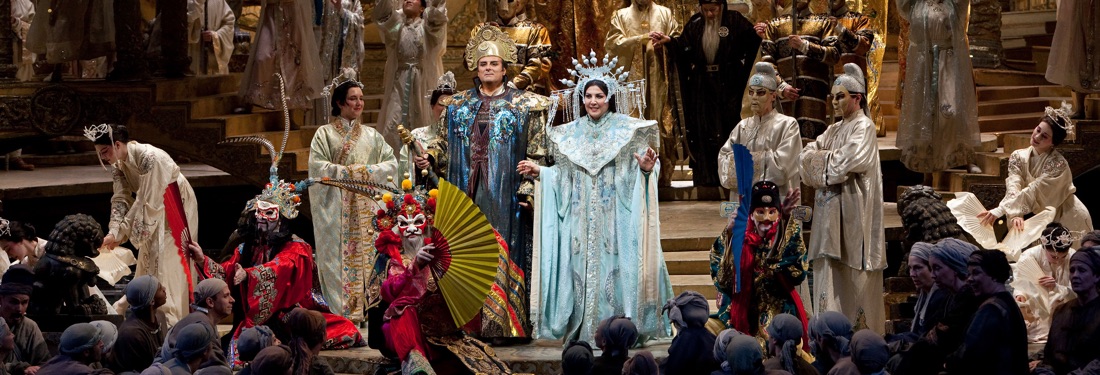
Robert Sabin in Musical America:
The major burden of the singing fell upon Eleanor Steber in the role of Fiordiligi. With all due regard to the achievements of the other artists in the cast, it must be admitted that she alone ever achieved that flawless beauty of tone and phrase and vocal agility that make Mozart singing an unalloyed delight. It was in the more lyric passages that her voice sounded best. The two great arias, “Come scoglio” (Strongly founded), and “Per pietà” (Dearest love, I beg your pardon), were conceived for a bigger, more heroic voice than hers, yet she sang them with courageous sweep. The first aria ranges from A below middle C to high B flat, with a leap of a tenth and sundry other severe technical problems to be overcome; and the second aria ascends to high C, with equal demands upon volume and flexibility. That Miss Steber sang them as well as she did is high tribute to her artistry.
Blanche Thebom was a pert and vivacious Dorabella, and she achieved both variety of tone color and considerable flexibility. At times her voice seemed a bit heavy in rapid passages, and her delivery became sententious, as if she were singing in oratorio.
Neither Richard Tucker as Ferrando, nor Frank Guarrera, as Guglielmo, was happily cast, but both of them had obviously worked hard with Mr., Lunt and Mr. Stiedry, They sang and acted with gusto, if not with very legitimate style. Mozart requires a clarity of articulation and lightness of tone in rapid passages that neither of these singers achieved, and both of them tended to sing their solo arias with accents and emotional inflections more appropriate to the music of Verdi or Puccini. Yet, granting their lack of virtuosity and style in their performances, there was much to applaud in their vivacity.
Patrice Munsel delighted the audience with the amusing antics of Despina. She was completely at home on the stage and made each of her points with unerring skill; but I could not help feeling that she made it too much of a stock soubrette part. Vivid as her performance was, it could have been sung more beautifully and carried off with more grace and sense of period. Her Despina was too much like her Adele, in Fledermaus. Mr. Lunt and Mr. Stiedry could have done more with her talents.
John Brownlee was an agreeable Don Alfonso, with a finesse of ear for balance in ensembles that revealed the practiced Mozartean artist. His voice was not, however, in best condition. The choruses were rather limply sung, although Mr. Stiedry was careful to weave them into the flow of the action without a hitch.
On this day in 1910 Engelbert Humperdinck’s “other” opera Königskinder premiered at the Met.
On this day in 1944 the Leonard Bernstein / Betty Comden / Adolph Green musical On the Town premiered on Broadway.
Happy 56th birthday tenor Piotr Beczala.
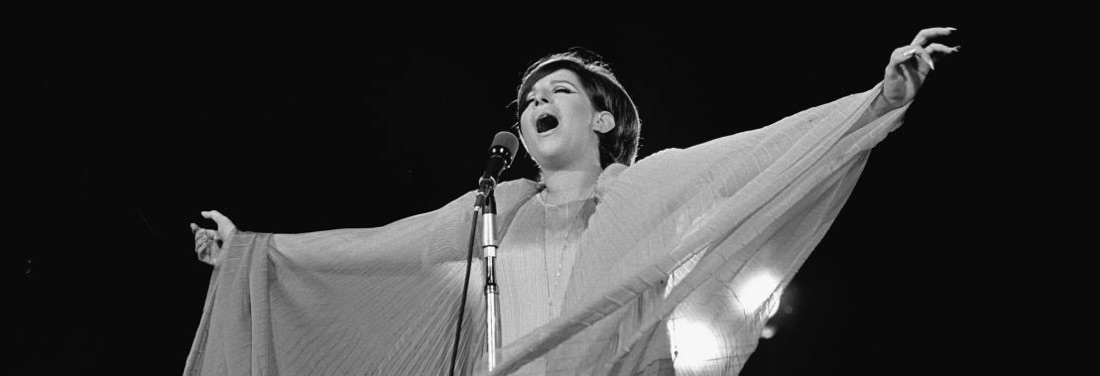


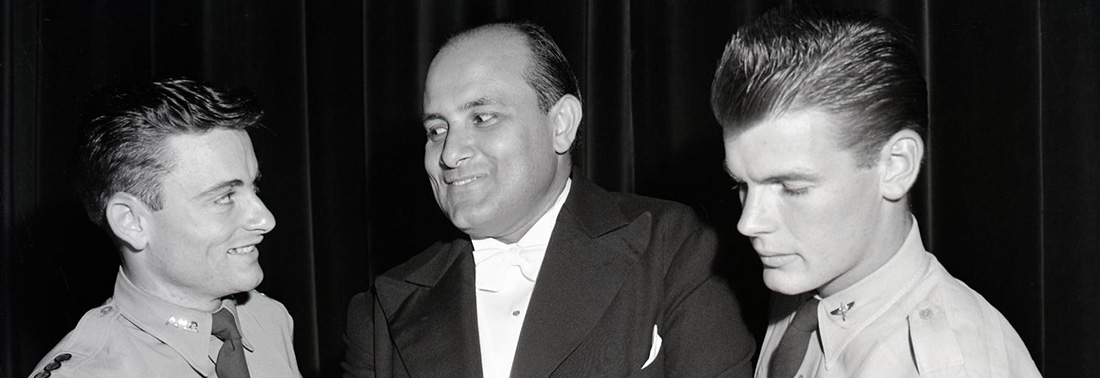
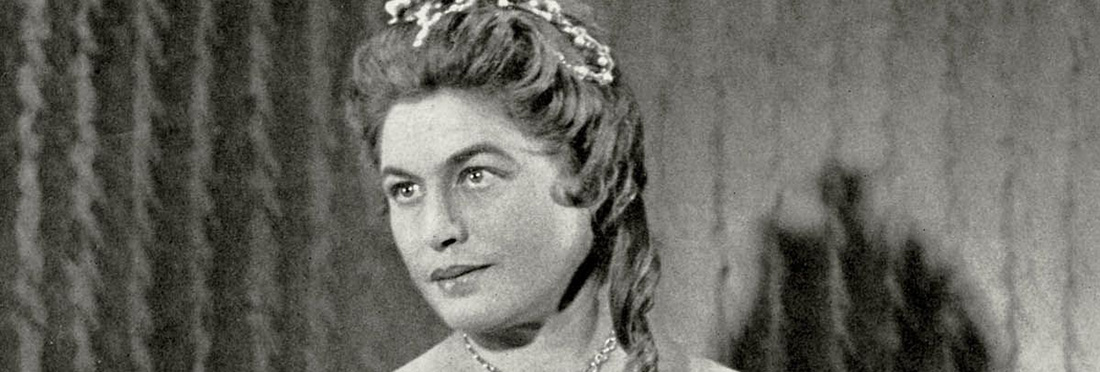

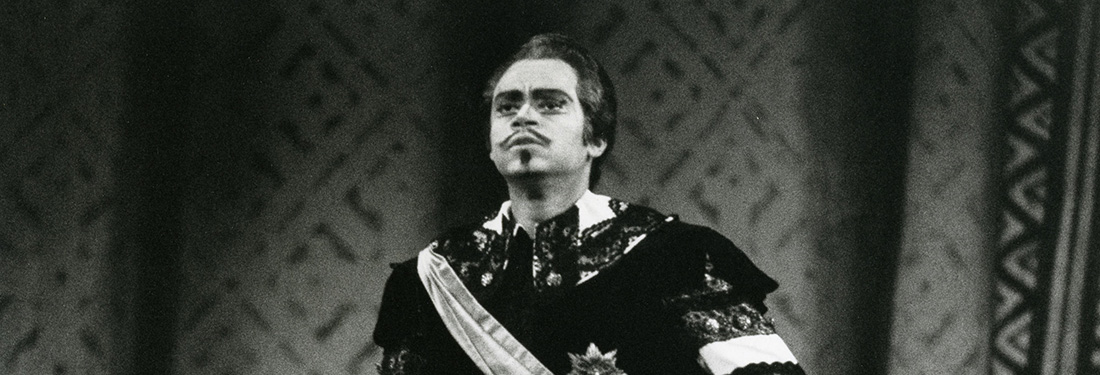
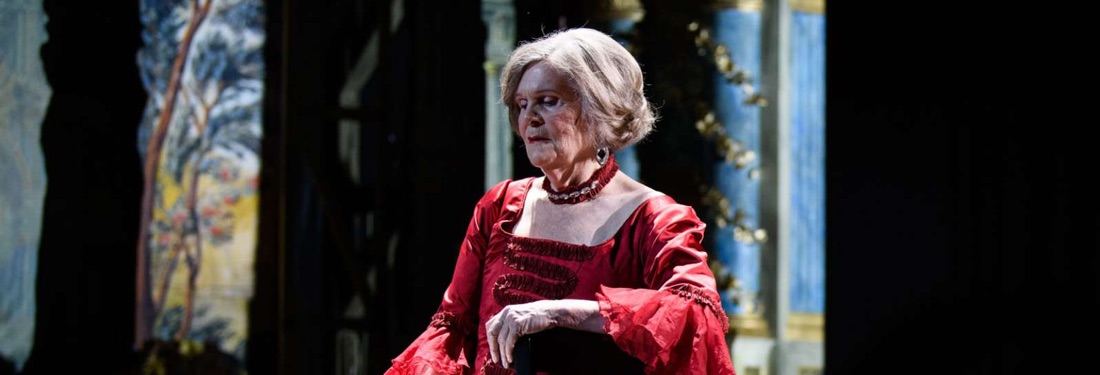



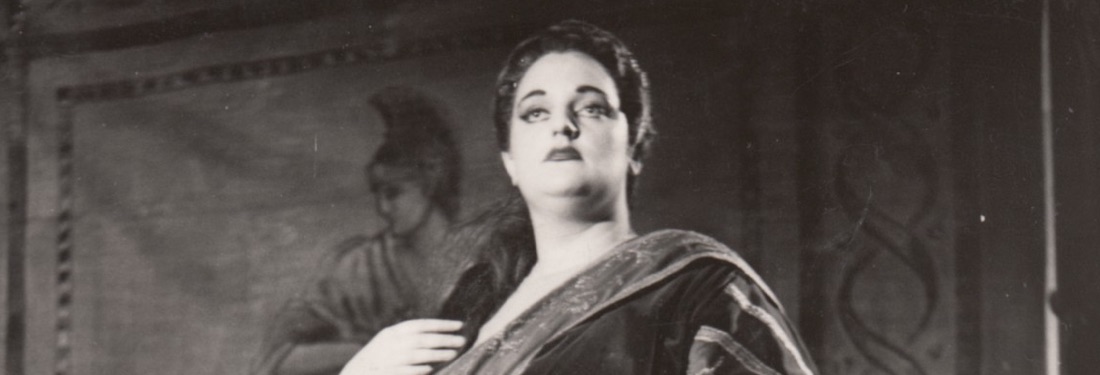
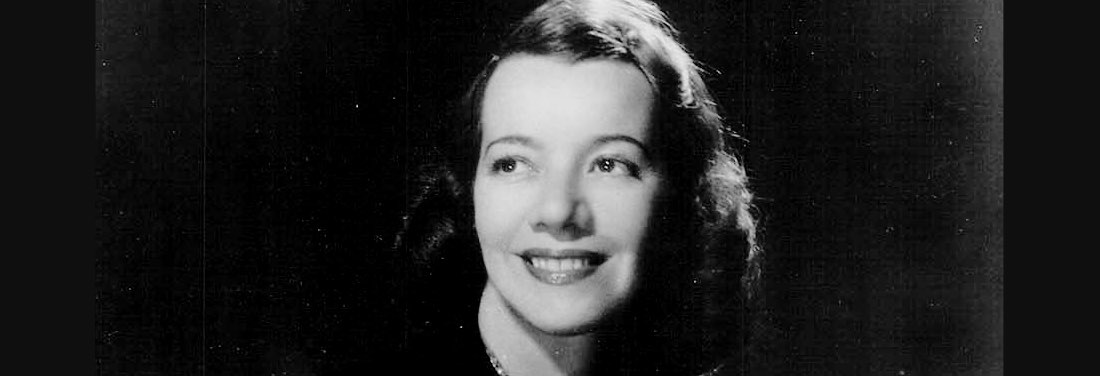
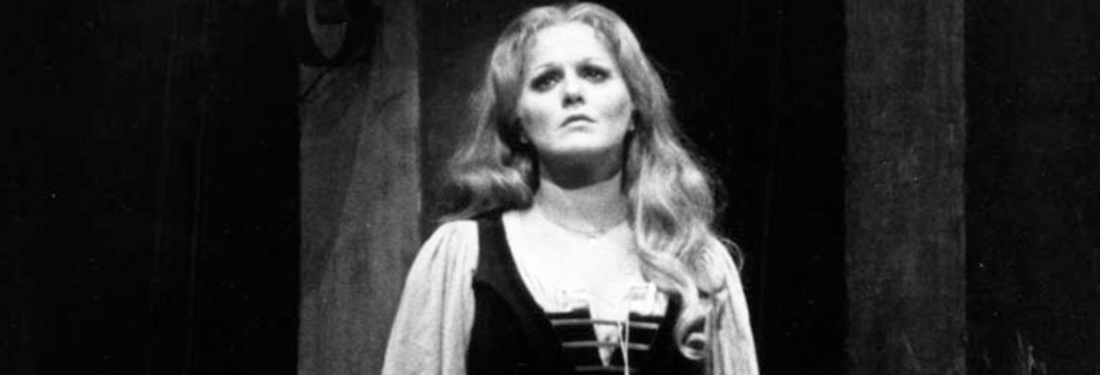
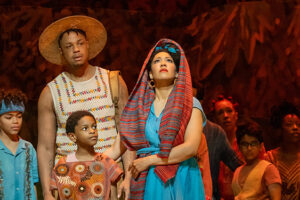








Comments